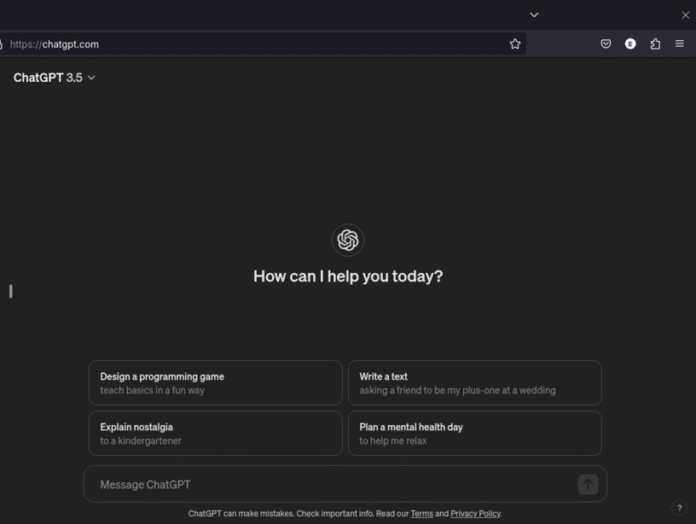Regular ChatGPT use reduces brain activity and connectivity, MIT researchers warn
A new study from MIT has delivered a warning that could haunt every laptop screen: relying too heavily on ChatGPT and similar AI tools may be reshaping the brain in disturbing ways. Researchers have found that people using generative AI platforms show lower brain activity and connectivity than those relying on their own thoughts. The results raise urgent questions about the long‑term cost of relying on artificial intelligence for everyday thinking.
The study, conducted by a team at the Massachusetts Institute of Technology, split participants into three groups. The first used ChatGPT exclusively for essay writing. The second combined ChatGPT’s suggestions with their own ideas. The third group worked solely with their brains, relying on original thought. The results were stark.
Those relying on ChatGPT alone exhibited significantly reduced activity across brain regions associated with deep thought and problem‑solving. The researchers noticed weaker connections between critical areas, suggesting that regular use of generative AI may hamper cognitive engagement and creative thought. Meanwhile, the ‘brain‑only’ group showed robust activity across these same areas, relying on internal reasoning and mental effort.
The MIT team observed this trend repeatedly throughout the study. What started as a convenient tool quickly evolved into a neurological crutch for those relying too much on artificial intelligence. According to one researcher, “People relying exclusively on ChatGPT appeared to off‑load their cognitive load. Their brain activity was subdued compared to those grappling with ideas themselves.”
Embed from Getty ImagesAlthough ChatGPT has become an essential part of modern work and education — embraced by students, writers and researchers — MIT’s findings hint at an unexpected price. By accepting AI suggestions as a substitute for human thought, many risk rewiring their brains for passivity. The researchers warn that this shift could have long‑term implications for critical thinking, problem‑solving, and innovation.
The MIT team stopped short of calling for a ban, stressing that ChatGPT and other AI tools can still be used wisely. “These platforms can save time and spark ideas,” one researcher said, “but they must be used consciously. The brain needs to stay active — it needs to be challenged — for long‑term mental sharpness.”
Their observations came from a study of participants using ChatGPT for essay‑writing exercises. The results point to a trend that goes far beyond the boundaries of academia. In an era when artificial intelligence is rapidly reshaping workplaces, classrooms and creative industries, MIT’s warning offers a stark reminder: too much reliance on AI may come at a profound neurological cost.
“People using ChatGPT too often had weaker connections between brain regions, suggesting a shift away from active, deep thought towards passive information intake,” one researcher explained. The study raises serious questions about what this trend could mean for society if left unchecked.
While ChatGPT and its competitors have revolutionised productivity and made information more accessible than ever, this MIT research shines a harsh light on their darker side. The takeaway is clear: artificial intelligence can be a valuable tool, but only when kept in its place. Humans must continue to grapple with ideas themselves — making connections, tackling problems, and nurturing the deep thought that no machine can replicate.
In a world increasingly dominated by screens and algorithms, MIT’s study serves as a vital warning. The future of thought itself depends upon our ability to maintain a balance between the gifts of artificial intelligence and the irreplaceable power of the human mind.
